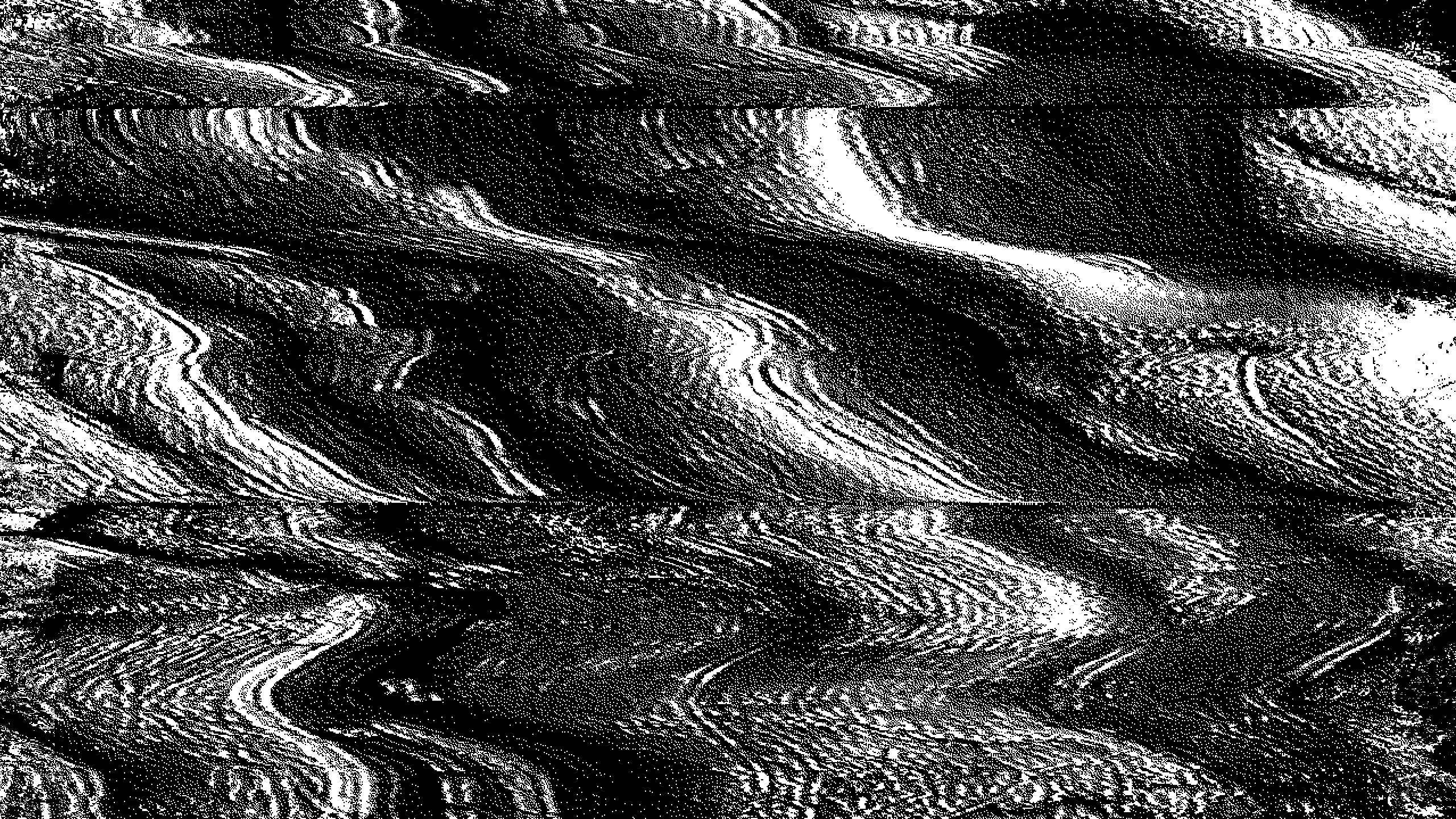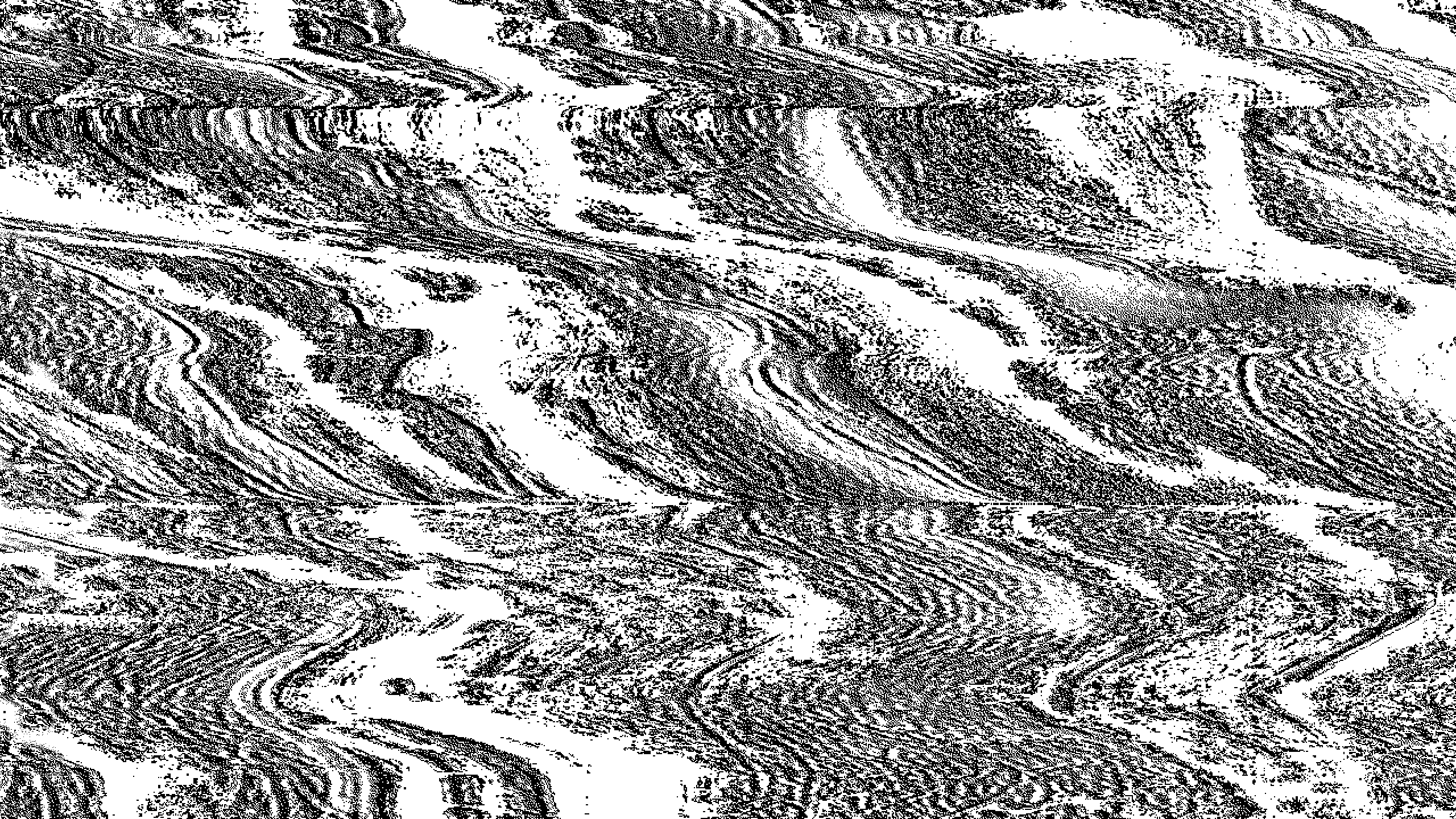Best of Poland part II
Best of Poland part II
Best of Poland presentations series brings light to the most interesting Polish projects created and being developed in the recent years, in different fields of digital art and culture.
Post-Noviki
Amorphousness of Digital Culture
During a 15-minute presentation we shall focus on the amorfism of digital culture. We shall look closely on the relationship between the creator and the institution as well as that between the artist and the curator and ways of preserving fluidity between these roles.
Based on our first-hand experiences, we shall analyse the process of redefining one’s role while trying to answer the following question: which of our experiences of running a studio, or, as it is currently referred to, of working in a post-studio, can be considered as particular and which experiences can be seen as universal.
Together with our participants, we shall consider whether the redefinition of one’s position is a privilege not shared by all people and institutions.
Małgorzata Wdowik
Eavesdropping in theatre – emotions & sound in the play Strach/Fear
Based on her artistic searches, mostly with the example of the play Strach/Fear, but not exclusively, the director Małgorzata Wdowik, will speak of the potential of narrative & immersive sound in the context of a theatre play. How can we enhance the experience of being immersed in the theatrical reality through use of binaural microphones? What is the impact of the public being isolated from each other by wearing headphone sets?
Emilka Bojańczyk, Piotr Burdyło / Superskrypt
Warsaw Uprising Museum – Reflection
The Warsaw Uprising Museum’s Reflection exhibition, arranged to commemorate August 1, 2019, is an initiative involving archive photographs of wartime insurgents. The central element of the exhibition is a multimedia mirror which converts into a screen, offering an engaging experience – the visitor’s photograph is taken with a camera, then face-recognition algorithms search for the closest matching insurgent, and display it alongside the visitor’s picture.
Komputer Gallery
National Film Archive – Audiovisual Institute
The Decalogue: a map
The Decalogue: a map is a guidebook created by Natalia Koryncka-Gruz, which allows you to take a virtual stroll along the streets of Warsaw and to visit places where Krzysztof Kieślowski shot for his TV series The Decalogue. A responsive platform will offer a dedicated database of photographs (by Piotr Jaxa), excerpts from the series’ subsequent episodes as well as topic-related texts about the director himself, the idea that guided him as he was shooting the series, as well as the philosophical and ethical dilemmas intrinsic to the ten commandments. The Decalogue: a map will appeal to both foreign visitors coming to Warsaw and to aficionados of Kieślowski’s seminal work. It can also serve as an attractive educational aid for high school students. The project is run with the support of FINA, which contributes its expertise as well as technical and financial resources.
National Film Archive – Audiovisual Institute (abbreviated FINA) is a leading cultural institution brought into existence as a result of a merger between the National Film Archive and the National Audiovisual Institute. Its statutory mission includes digitalization, collection, restoration, diffusion and promotion of Polish audio-visual heritage. FINA is committed to popularise the most prominent examples of film culture. Furthermore, FINA co-produces new audio-visual materials (such as films, TV & radio shows, or publications on film and music).



